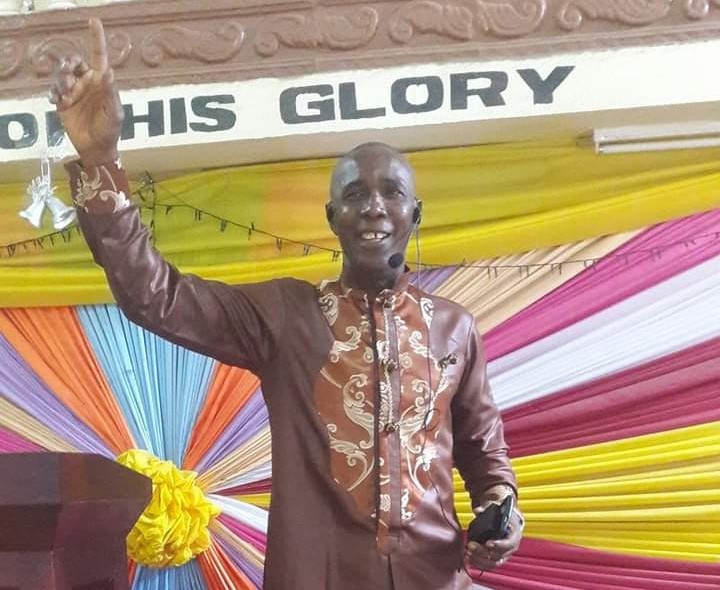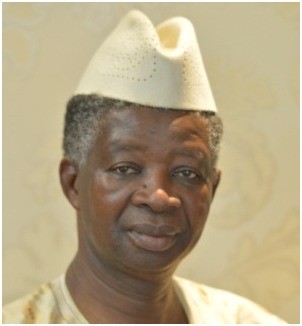Youth and Political Violence in Sierra Leone
Much has been achieved in the field of political liberalization in Sierra Leone since 1996. The most remarkable of these have been at the level of political and civic consciousness, as well as election qualities,which have significantly improved.
Even at that, violence remains a threat to the security of many Sierra Leoneans.
Over the decades, all of us have witnessed how some political elites used violence as a tool for national conversation.
Should that be the scenario? Is violence therefore a necessary evil? Or maybe it does have a very logical outcome.
Meanwhile, some African leaders have monopolized states by means of violence. In addition, it is also believed that there exist certain principal reasons for African conflicts which in my own observations are political exclusion, social and economic exclusion (discrimination) by states officials and these observations may not be very far from the truth.
A clear reflection on this background information will enable us to carefully link the relationship between youths and electoral violence. Acknowledging the fact that youths are unrepresented in the political conversation, how come they suddenly become agents of political riots – better still ‘violence actors’?
You may differ with me on this. Nonetheless,this is just my own understanding of youth political alienation and their involvement in electoral violence.
We need to discuss the happenings around us and how the people around us get affected by these happenings,and give some insight to examine meaningful ways youth can become active participants in the national discourse, especially in areas of security, health, development and socio-political issues.
I will commence with my understanding of who a youth is?
In a rough and simple language,I think that a youth is any person irrespective of gender,marital status,and education below 32 years.
In addition,this person must not have kids.
But locally,many people will define a youth as any boy/girl who is unmarried,jobless and still living with his or her parents.
Anyway,those are a few random understanding of who is a youth. This varies with the community. And how these persons engage in violence shall be our greatest concern.
Political analysts might say youth integration in acts of violence is as a result of youth disgruntlement with government policies, grudges, corruption, poverty, tribalism (nepotism), party allegiances, language discrimination, unemployment, high cost of living etc.
Some political scientists will go further to analyse youth involvement in political violence as due to political intimidation, manipulation by politicians,and or promise of material reward by politicians. In a similar term, others believe that since the state fails to recognize the value of the youth,it thus leaves the youth with limited choice, except to fight and claim their recognition.
Which I definitely agree with, but looking at it from the Sierra Leonean perspective, I believe the youths are manipulated with the intention to gain material rewards.
Ironically, all the promises are never fulfilled.
Acknowledging all these,there is also the notion that youth alienation even at the family level makes them feel very empty and powerless under the authority of parents.
As a result, they venture into political rioting (violence) as a means to command authority.
While I was writing, I immediately thought of the category of youth. And in what categories do we often refer to as violence agent; is it the urban or rural youths,or the educated or non-educated?
Interesting,clear cases over the past years proved that academically-achieved youth fear to jeopardize (compromise) their educational portfolios for violence.
Please don’t ask me about Students Union elections at Fourah Bay College and other institutions.
The perfect example of this is our eleven years senseless civil war for which I have also noticed that when the subject of youth is discussed, the rural (and uneducated) youths are absent.
And in most instances,these are the persons who sacrifice more to impact change.
With all what has been cited above, if we do not condemn what is going on in the political landscape, I honestly think we are heading for doom as 2012 approaches.
And in order for us to avoid what hangs above us,I want us as youths to openly condemn the political bashing,mudsliding and character assassination going on between the two main political parties,all in the name of the 2012 elections.
Are we really serious with our so called Fifty Years Forward or should we stand by and watch these individuals who have been benefiting continue to divide us with their hate sermons that might take us back to our ugly past?
This I strongly believe none of us want.
Yes as young people whose hand the future of this country relies on, it is our responsibility to tell our politicians what we want them to discuss.
Lets shout it out loud, let’s make the noise and refuse to listen to any message that will tear us apart,no matter who is saying it.
We don’t want to be perpetrators of violence but partners of National Development.
But how will that be achieved when we have tied ourselves to these selfish politicians; when political parties’ headquarters have been transformed into places to hangout? Where does our future lie?
If only you can answer these questions positively, then the future is yours or posterity will hold you responsible.
Again as I end this piece, I am still unaware as to why youths dare to partake sometime in effecting the dirty works of politicians.
Brothers and sisters, it is high time we embrace each other or else we perish together as fools.
Commentary By Amadu Lamrana Bah
Editor’s note:
The writer is the Producer and ‘Presenter of Youth Encounter’, a programme that is aired on Star Radio103.5 fm every Saturday at 3-4pm.
Stay with Sierra Express Media, for your trusted place in news!
© 2011, https:. All rights reserved.






